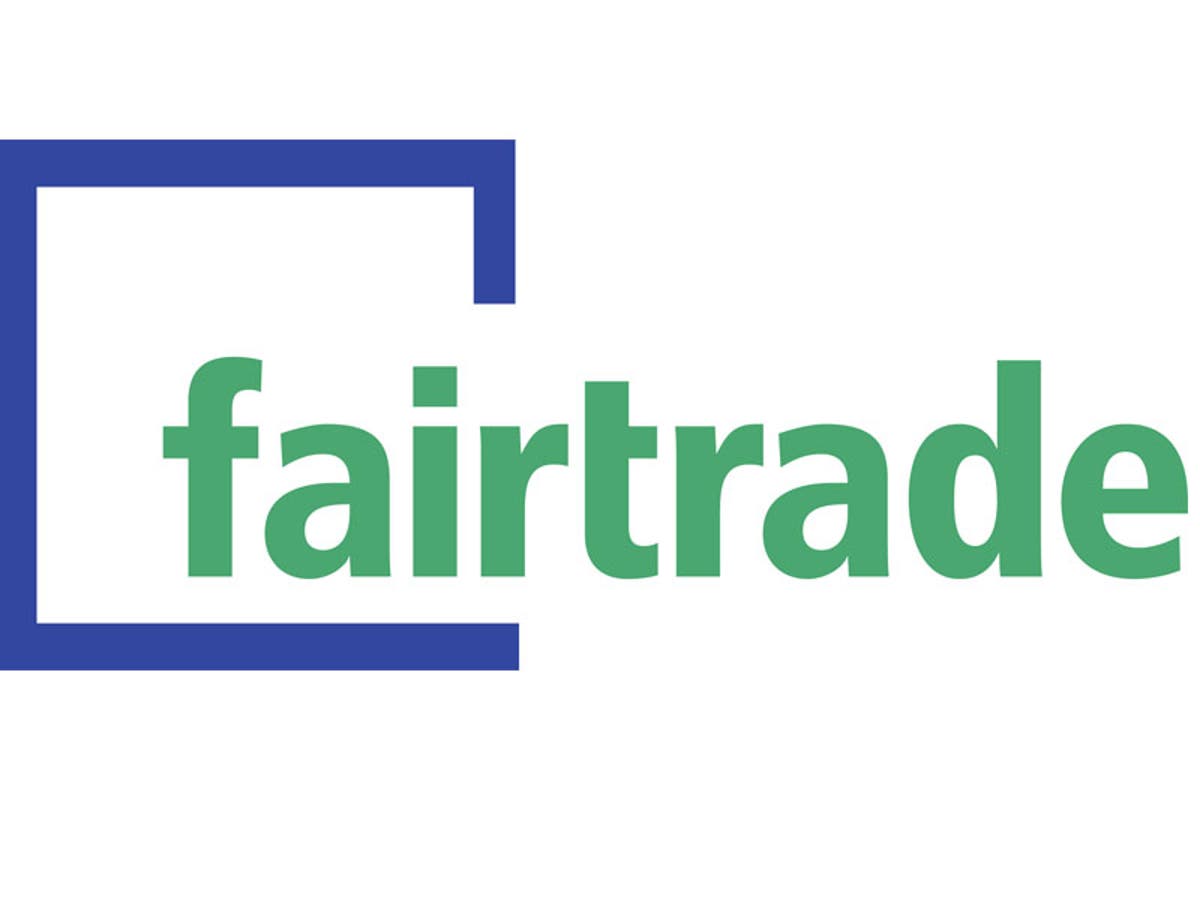Small and Medium Enterprises (SMEs) are the bedrock of any economy. In Nigeria, SMEs contributed about 48% to national GDP, accounted for more than three quarter of the businesses and provided over 60% of the overall employment over the last five years, NBS Data indicates.
Yet, despite this significant role SMEs play in the economy, it is often the case that they receive the lowest attention from government in terms of regulation. This is not surprising as Government tends to focus mostly on policies that contribute the greatest benefits towards its purse. Often times, the motive is not a neglect but of effect to government purse.
In contrary, the newly signed CAMA 2020 has come with significant positive impact for SMEs opening them to grow at scale. Many will ask, what’s the benefit of SME becoming a company? What benefits are accruable from the provisions of the new Act.
For the record, CAMA 2020 is the most significant business legislation in the history of Nigeria post-military rule and it comes with lot of benefit for SMEs most especially. This is mainly around simplification and easing of processes that are intended to spur the growth of SMEs in Nigeria. The combined effect of this together with Finance Act is set to have the greatest impact on the growth of SME businesses in Nigeria.
Alhough, some analysts have picked out some excesses in the Act such as giving too much power to the regulatory body, Corporate Affair Commission (CAC) which is detrimental to the rule of law, our focus here will only be on the benefits accruable to the SMEs from the new Act. Enjoy the read!
New provisions intended to ease way of doing business for SMEs in Nigeria are:
- Single shareholder private company
Section 18 (2) permits the formation of a private company by a single shareholder unlike the previous Act which only allowed minimum of 2 members. With this, SME owner carrying on business singlehandedly can now form a company instead of a business name as practicable under the repealed Act and therefore, enjoy the full benefit of having a private company.
This will bring more businesses operating in the informal sectors to the formal sectors and also open up ample opportunities for SMEs to scale up the growth of their businesses.
- Introduction of Limited Liability Partnership
The new Act also introduces new form of business structure in Nigeria business clime which enables business owners who wish to form a partnership business instead of a company do so and still enjoy the limited liability characteristics of a company.
What this means is that the business owners will be able to enjoy tax status as an individual under Personal Income (on average of 19%) rather than a Company Income Tax (CIT) of 30%, yet, the liability of the owners will still be limited to the stake-holding in the partnership business except when fraud occurs.
This offers protection for the private assets of the partners and will definitely be attractive to SME owners who want to come together to do business. However, a minimum of two partners who can be individuals and/or body corporates is required to form a LLP.
- Exemption from appointing Auditors
Exemption is granted to small companies – meeting qualifying conditions as specified by the Act in S.394[3], of which majority of SMEs qualify – from appointing Auditors at the Annual General Meeting to audit the financial statements except those in banks, insurance or any other as may be prescribed by CAC.
Please note, this does not preclude the company from performing annual audit. However, the easing here is to give the SME owners the freewill to appoint auditors at any time of the financial period without having to worry about the appointment during a general meeting. This corroborates and aligns with the exemption of a single member company from holding Annual General Meeting.
- Annual General Meeting (AGM)
Small company and a company having a single shareholder are also exempted from holding Annual General Meeting (AGM) in accordance with Section 237 (1). This is intuitive as it will be unreasonable for a single owner having a general meeting. Who will s(he) be having the meeting with anyway!
Furthermore, S 240(2) also allows private companies to conduct its AGM virtually in accordance with the articles of the company, thereby easing the hurdles that may arise in times of pandemic like this.
However, this allowance is not applicable to public companies. Take note!
- Removal of mandatory appointment of a Company’s secretary for private companies
The new Act has also removed the mandatory requirement to appoint a company’s secretary for private companies, thereby easing the hassle of the requirement for SME owners who are the alpha and the omega of their business, yet giving them opportunity to enjoy the advantage of having a company.
- Minimum issued share capital
CAMA 2020 has also replaced the Authorised Share Capital requirement in the repealed Act of 2004 with Minimum Issued Share Capital. The new Act specifies that minimum issued share capital for a private company shall not be less than N100,000 as stated in S.27 (2b) while N2,000,000 for a public company.
This minimum issued share capital ensures that promoter/owner does not have to pay to register shares not needed at a specific time. This gives the SMEs the flexibility to increase their share capital as the business grows thereby eliminating unnecessary burden on promoter/owner.
- Provision of E-filling, E- share transfer and E-meeting
There are now provisions in the Act that allow electronic filling, electronically share transfer instrument and virtual meeting for private companies. This eases the way of doing business for SMEs which may in turn improve the performance of the company.
- Statement of Compliance
Section 40 (1) of the new Act also introduces the Statement of Compliance which can be signed by the owner or his agent, confirming that the requirements of law as to registration have been complied with. This serves as an alternative to the requirement to submit a Declaration of Compliance which must be signed by a legal practitioner or attested to before a notary public. A Statement of Compliance need not be signed by a legal practitioner.
This also simplifies the process of registration for SMEs without incurring further cost to engage a lawyer to do this and in overall, eases the business environment.
- Making common seal optional
The mandatory requirement of a common seal for all companies has now been expunged. Companies may now have a common seal at will. This is in line with international best practices and removes any hurdle this may cause companies.
With all these simplifications, it is intended to ease the way of doing business and give the SME owners the opportunity to key in into the formal sector of the economy thereby making their impacts really count.
Saheed Alaya is a finance professional helping organisations and individuals make sense of their financials in a simple but outstanding way. He demystifies the financials and brings out great insights that have the potential to leapfrog the business performance of organisations and solve their most important problems. He is also passionate about alternative investments including Private Equity, Real Estate, Agro Investment and Islamic finance – providing an alternative and unique way for organisations and individuals to create and grow wealth










